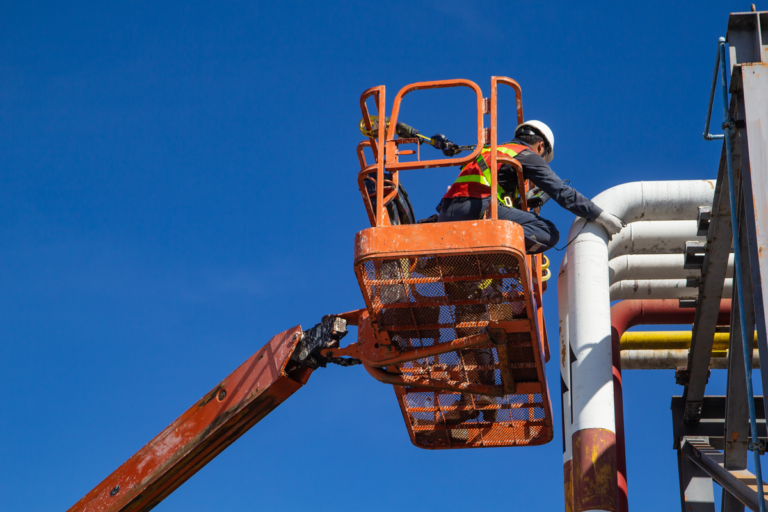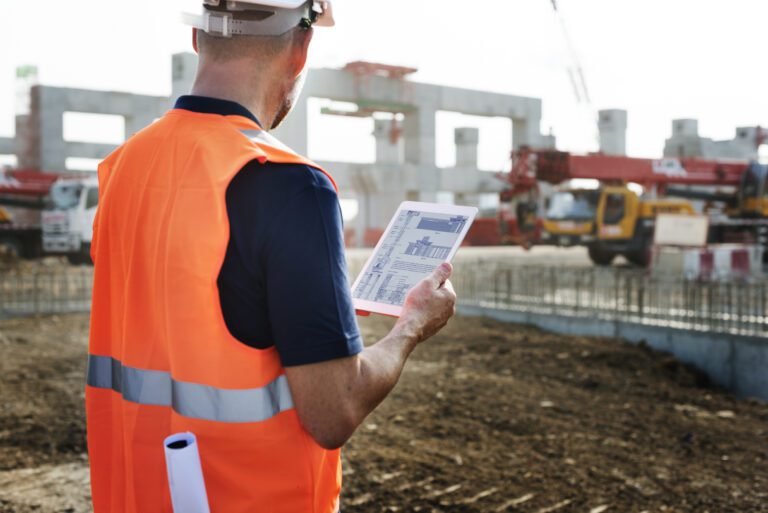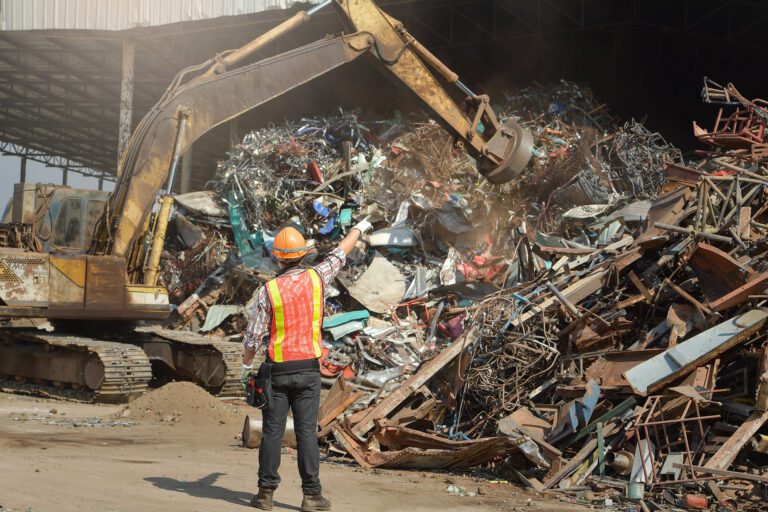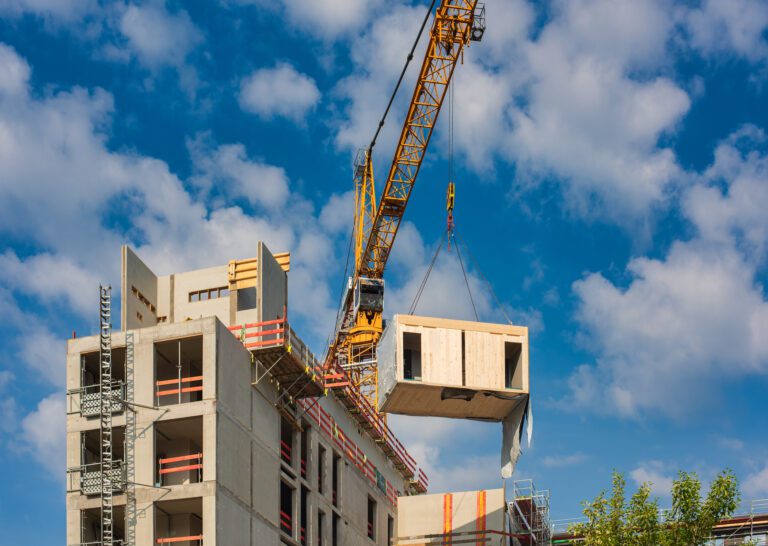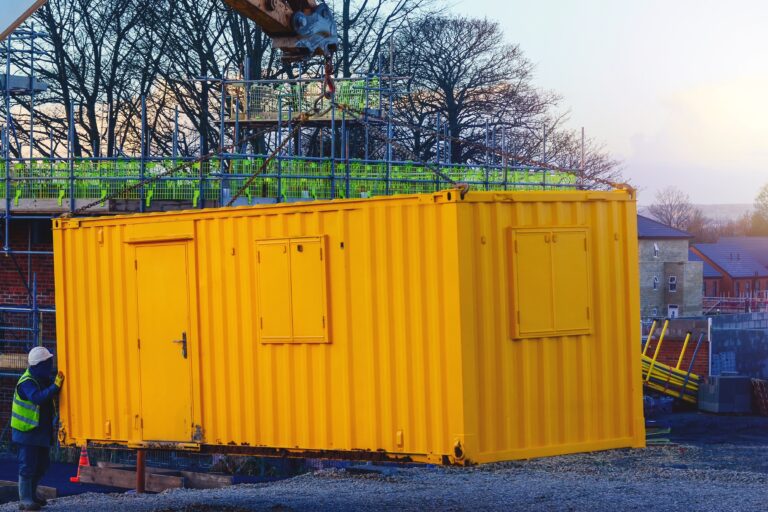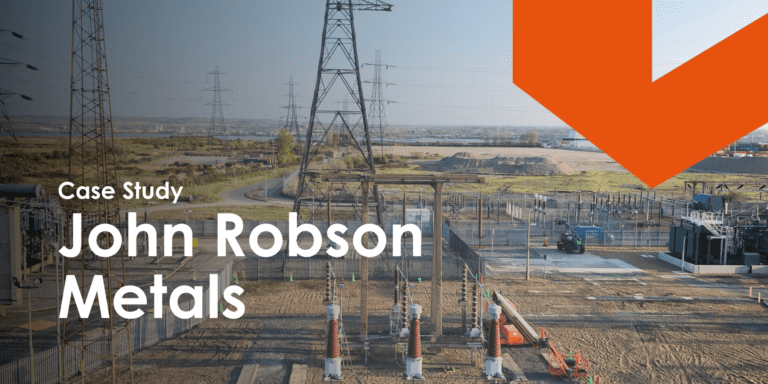25th August, 2023
Building a Greener Future: How to Reduce Emissions in Construction Supply Chain
See what you can do to reduce emissions through your supply chain
As environmental concerns continue to take centre stage, all industries are under pressure to minimise their carbon footprint. The construction sector, in particular, has a significant role to play in this endeavour, given its substantial contribution to emissions through the supply chain.
Knowing Your Supplier
Contractors can start by assessing potential suppliers who focus on sustainability within their operations and who aren’t limited by their geography. Suppliers who adopt environmentally friendly practices, use renewable energy sources, and engage in eco-friendly manufacturing processes contribute to a greener supply chain.
To gain a comprehensive understanding of the emissions associated with various suppliers, conducting regular supplier audits is essential. Audits can reveal critical information about a supplier’s processes, including energy consumption, waste management, and carbon footprint. Armed with this knowledge, more informed decisions can be made about which suppliers align with a company’s emissions reduction goals.
We’ve grown tremendously through the years, including our very own Supply Chain Team. Their job is to ensure that we are onboarding reliable suppliers that can not only deliver efficiently and effectively throughout the country but also share our passion for greener logistic solutions. With regular reviews and audits, we can ensure that they are providing you with the best level of service built on a healthy business partnership.
Sourcing Local
One of the most impactful ways to reduce emissions in the construction industry is by utilising a local supply chain partner. When materials, equipment and fuel are sourced from nearby suppliers, the need for long-haul transportation is minimised, thereby reducing carbon emissions from transportation vehicles. By fostering relationships with local suppliers, construction procurement companies can significantly shrink their supply chain’s carbon footprint, while also supporting the local economy, and reducing the risk of delays.
With over 600 suppliers across 2,000 depots across the UK, YardLink is championing locality on behalf of our customers. Matching our customers’ requirements with the right suppliers, we have managed to ensure that 95% of our deliveries are sourced and delivered within 15 miles of our customer’s sites. This is still done with our usual guarantees and access to our handy operations team who can provide etas for both deliveries and collections so you can feel confident when ordering from YardLink.
Digitalisation
In the digital age, technology offers innovative solutions for reducing emissions. Construction procurement companies can invest in digital platforms that allow for efficient supplier management, inventory tracking, and demand forecasting. By accurately predicting material requirements and streamlining orders, unnecessary transportation and waste can be minimised, leading to reduced emissions.
YardLink’s automated quotation system is revolutionising how thousands of customers place orders. From sole traders to companies making millions in revenue a year, all our customers are utilising our system which allows for multiple quotes within 15 minutes. This has cut down on time and pushed those in an industry still reliant on paper and pen to adopt a more digital approach.
The YardLink platform also helps to organise any site allowing a more efficient resource allocation. Construction sites up and down the country have admitted to misplacing a range of items from small submersible pumps to large diggers. Keeping on track with what is on hire and located on-site, thus off-hiring when no longer needed, ensures that the production of tools meets the demand in the industry.
The adoption of artificial intelligence from the early stages of site bidding has many benefits including; cost projection, schedule and sustainability promise. Predicting the plant and tools required including the length of hire or the total amount of materials needed ensures the site remains as cost-effective as possible whilst cutting down on waste.
Collaboration
Collaboration is key to achieving significant emissions reduction in the construction supply chain. Working closely with suppliers to identify areas where improvements can be made. This collaboration can lead to joint initiatives such as optimised delivery routes, shared warehousing facilities, and consolidated shipments, all of which contribute to lower emissions.
Packaging materials contribute to waste and emissions. Construction procurement companies can implement green packaging practices by encouraging suppliers to use sustainable packaging materials that are reusable, recyclable, or biodegradable. By doing so, unnecessary waste is reduced, and the overall environmental impact is lowered.
The construction industry has a responsibility to address its environmental impact, and a significant part of this effort lies within the supply chain. Construction procurement companies like YardLink have the opportunity to lead by example and make meaningful strides toward emissions reduction. By embracing local sourcing, prioritising sustainable suppliers, conducting audits, leveraging technology, and fostering collaboration, the construction supply chain can transform into a more environmentally conscious and sustainable ecosystem. As we move towards a greener future, these strategies will not only benefit the environment but also contribute to the industry’s long-term success.
YOU MIGHT ALSO BE INTERESTED IN

